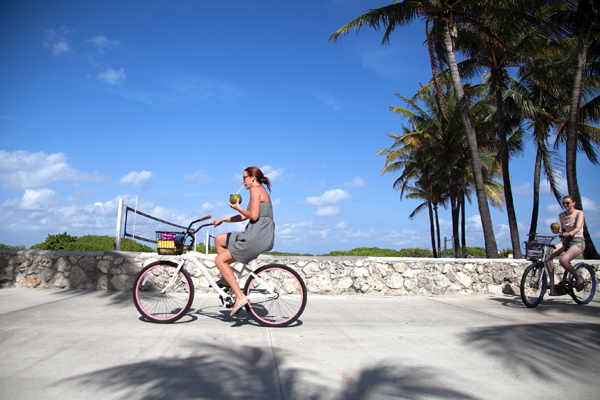
Out of countless bids for Amazon HQ2, only 20 remain, and Miami made the cut.
Amazon’s second headquarters in North America will cost over $5 billion to construct and feature up to 50,000 high-paying jobs. The final 20 sites include those you would expect to see make the list – New York City, Chicago, Los Angeles – and a few surprises, such as Indianapolis, Raleigh and Columbus. But Miami’s spot in the top 20 is a unique mixture of both.
Despite being an international hub, Miami isn’t often associated with the tech industry. The public transportation system is lacking for a bustling metropolitan area of its size, but its cosmopolitan reach strengthens its case. If Miami successfully lands HQ2, Amazon will not only connect with the people and economy of South Florida but also those of Latin America and the Caribbean.
Other contenders, such as Denver and Dallas, fail to draw the same business and tourism from overseas. Having HQ2 in Miami offers Amazon the opportunity to expand its ever-increasing footprint in North America, as well as to our neighbors to the South, a perk few other contenders offer.
The population of the South Florida is booming, while many of the major players in the Northeast are experiencing stagnant population growth. According to the U.S. Census Bureau, the Miami-Fort Lauderdale-West Palm Beach metropolitan area experienced a population growth of 9 percent between 2010 and 2016, surpassing six million residents in 2016.
Jeff Bezos, the founder and CEO of Amazon and graduate of Miami Palmetto High School, will likely consider more than what each city presently offers Amazon. He’s going to look at what they have to offer much further into the future. With no reason to believe that the South Florida population boom is going to end anytime soon, Bezos would be setting himself up nicely by picking Miami over, say, Philadelphia. Miami is appreciating in value while others aren’t.
Just like all other cities in contention, Miami is an imperfect candidate. One can point to the insufficient public transportation along with the unbearable traffic, but Miami’s cosmopolitan nature and rapid growth place it in strong company, even on a list that features metropolitan giants New York and Chicago. Throughout the course of this journey, there have been plenty of naysayers who have diminished Miami’s odds and continue to do so. But even if such pessimists turn out to be right in the end, Miami’s position in the running serves as validation of the region’s economic prowess, as well as a sure sign for a bright future.
Matthew Brotz is a senior majoring in philosophy.
Featured photo is a file photo from The Miami Hurricane.






